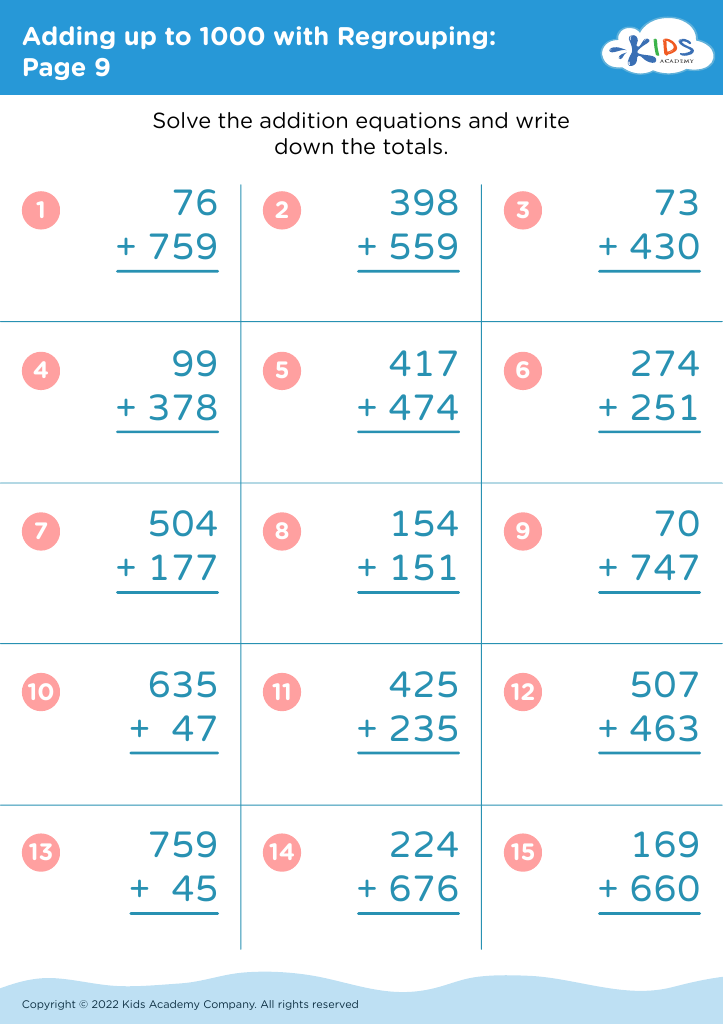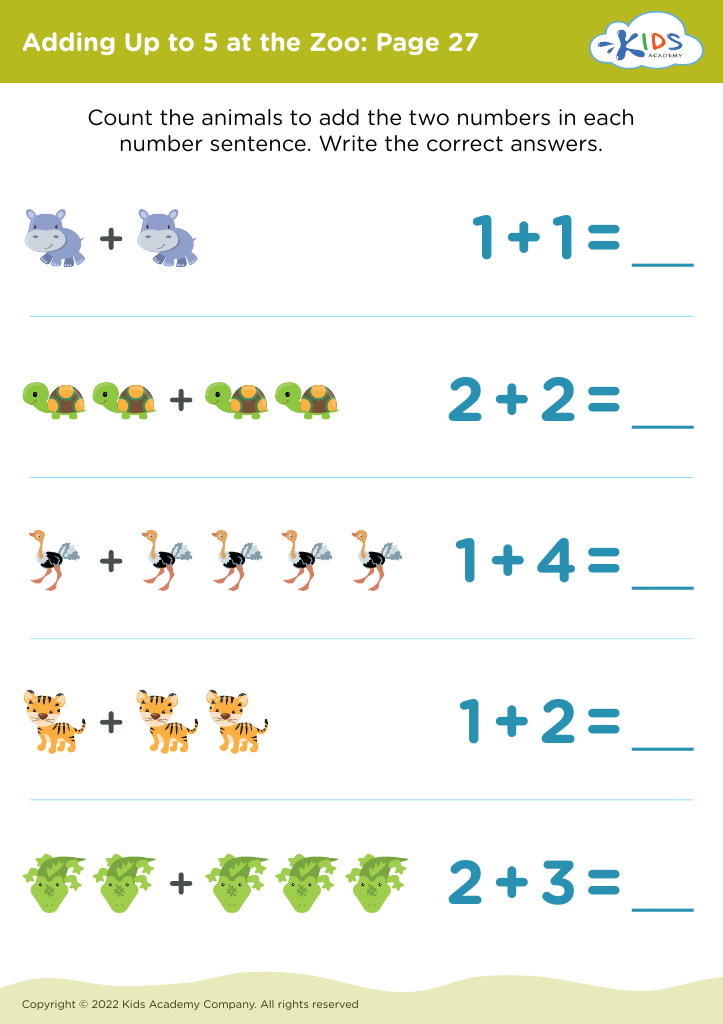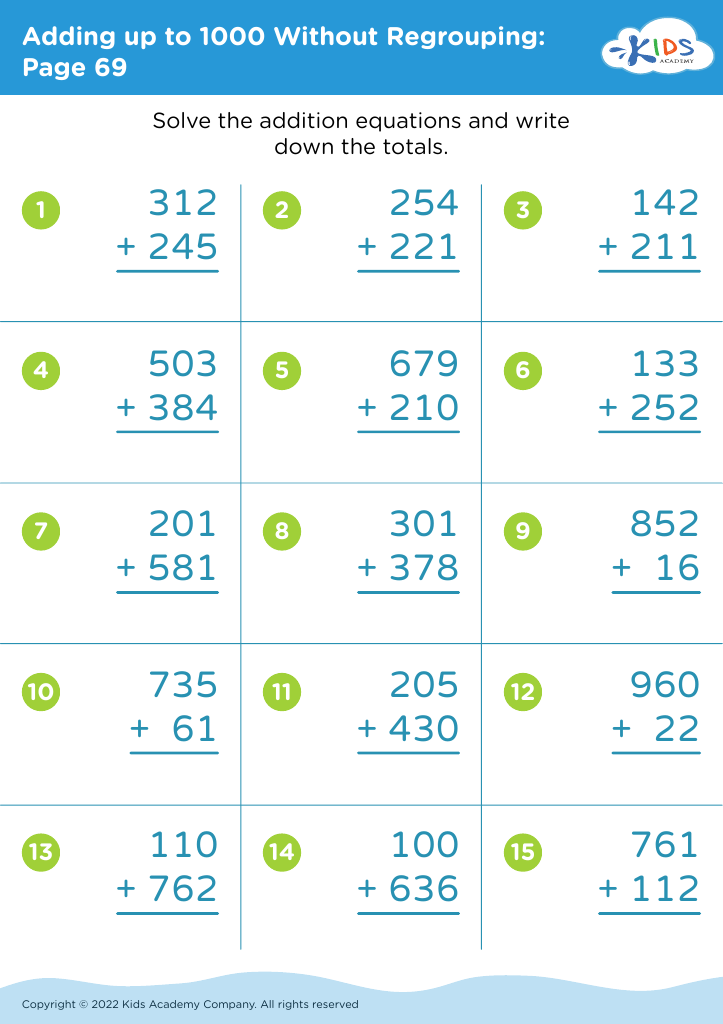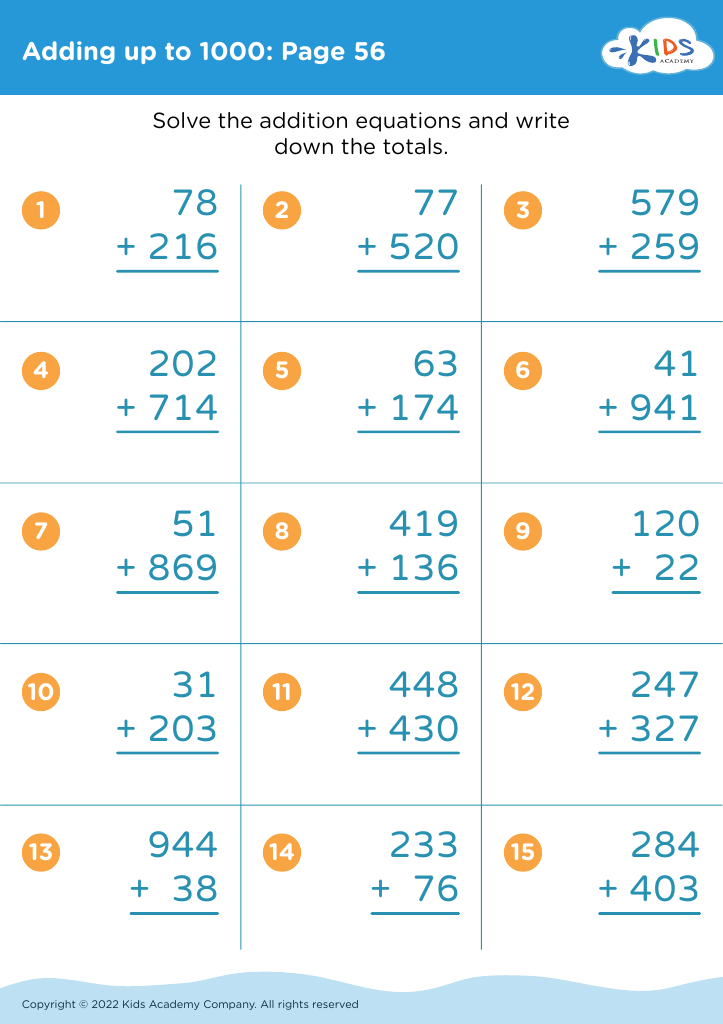Mathematical reasoning Worksheets for Ages 3-7
59 filtered results
-
From - To
Discover our collection of engaging mathematical reasoning worksheets designed for ages 3-7 at Kids Academy! These worksheets employ fun, interactive exercises tailored to build foundational math skills in young minds. From simple number recognition to complex problem-solving scenarios, our resources foster critical thinking and logical reasoning abilities. Ideal for at-home practice or classroom use, each worksheet is crafted to make learning enjoyable while promoting confidence in math. Empower your child to excel in their early mathematical journey with our expertly designed activities. Visit Kids Academy to explore our educational treasures and give your child the head start they deserve!
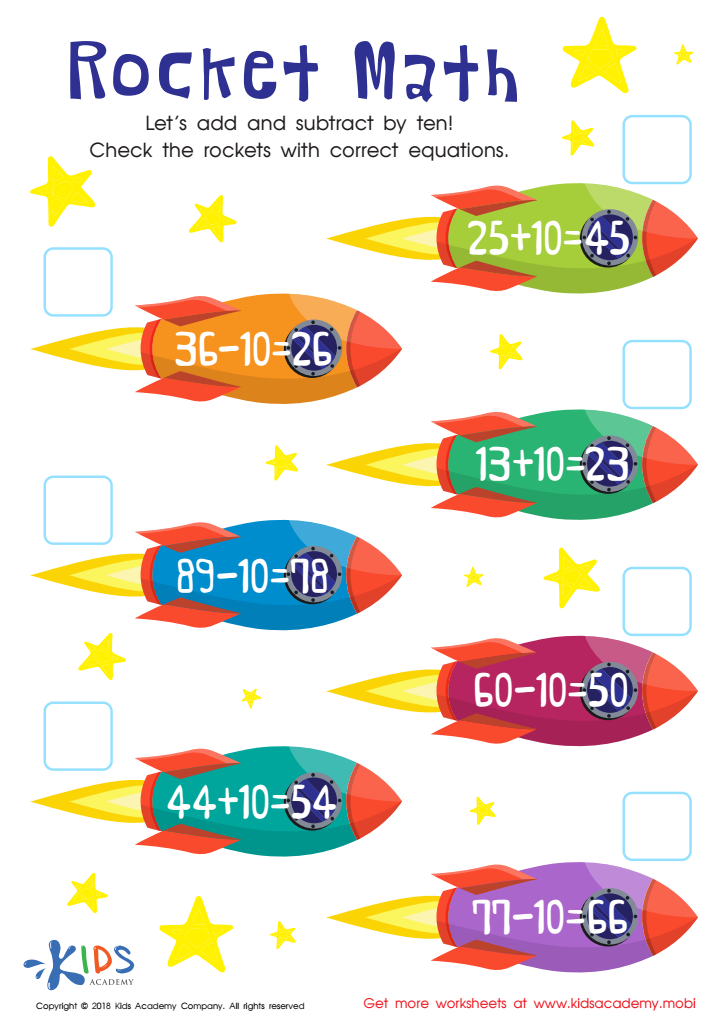

Rocket Math Worksheet
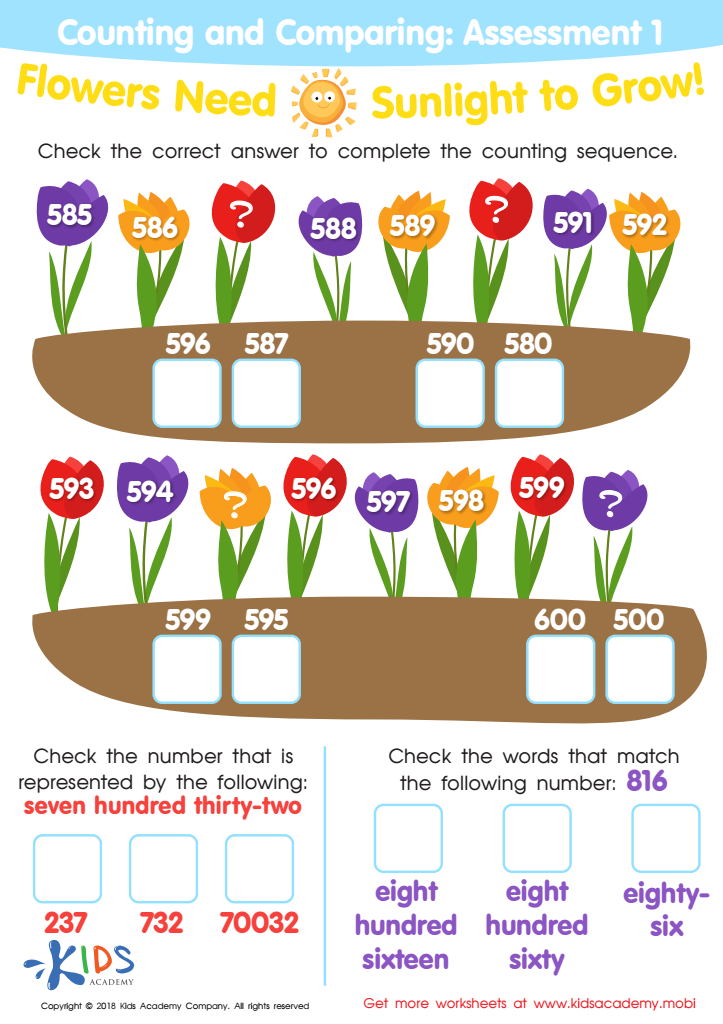

Counting and Comparing: Assessment 1 Worksheet
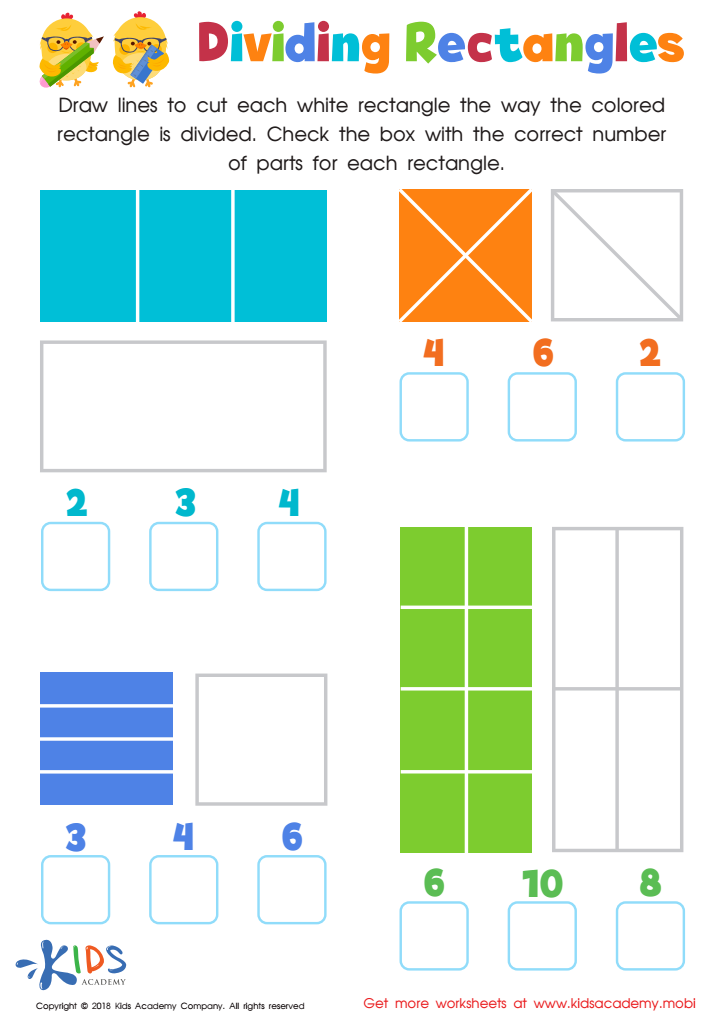

Dividing Rectangles Worksheet
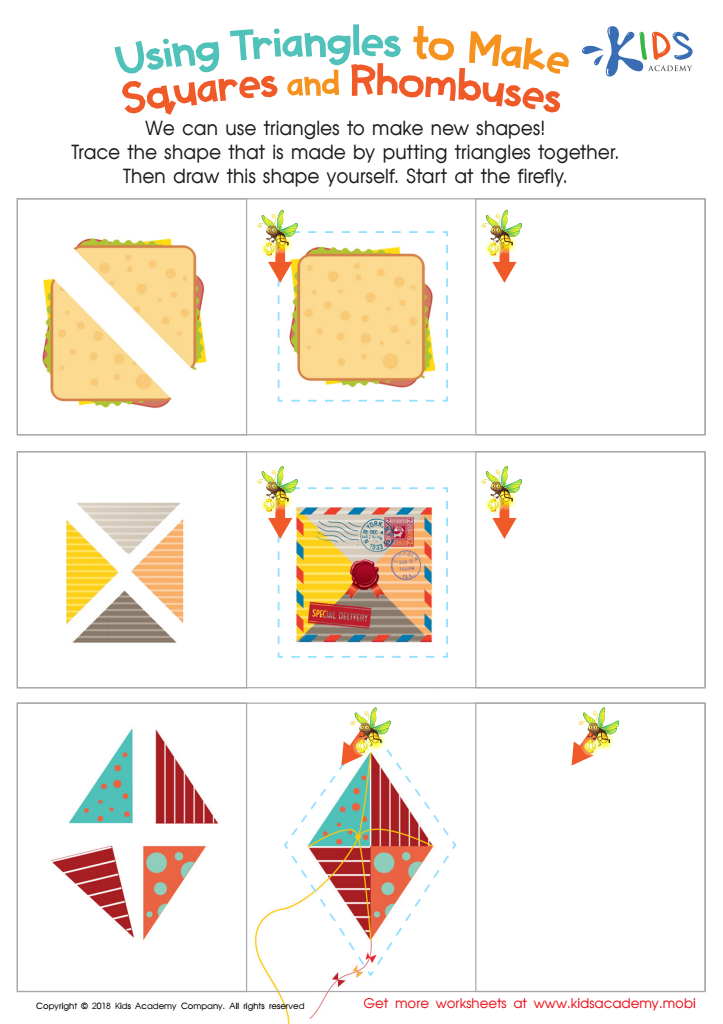

Using Triangles to Make Squares and Rhombuses Worksheet


Tricky Problems Worksheet: Part 1
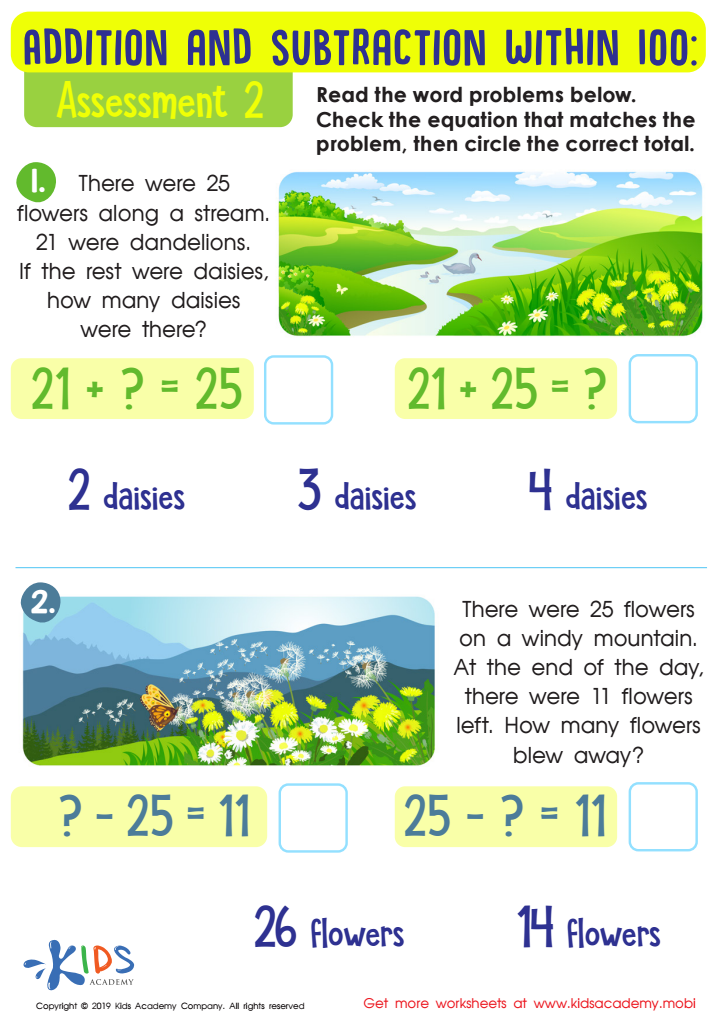

Assessment 2 Math Worksheet
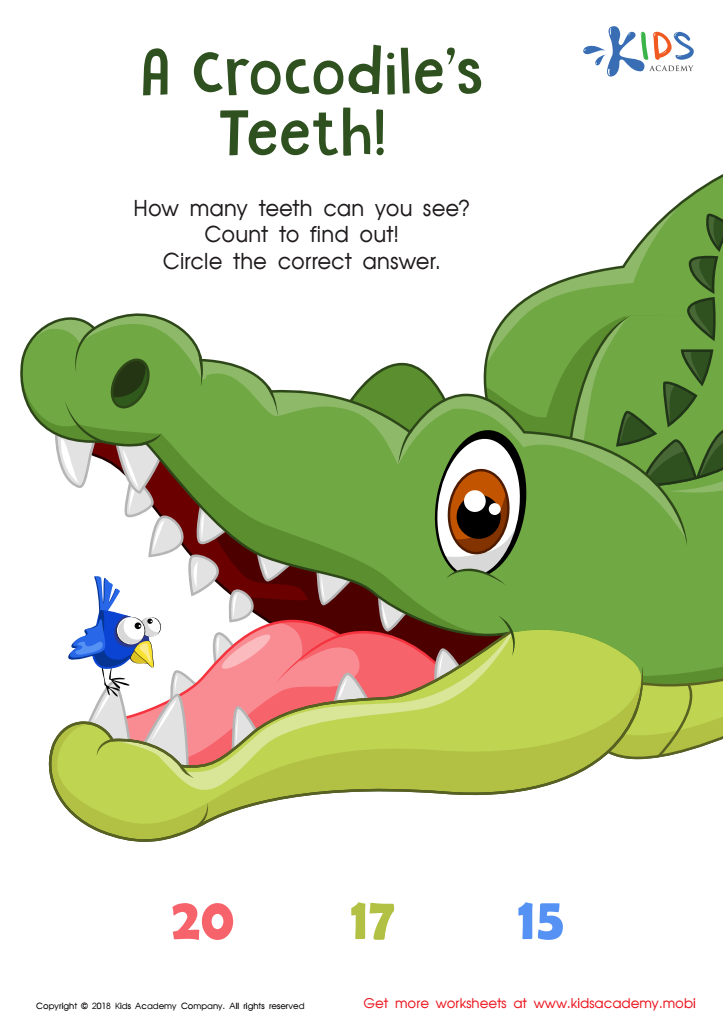

A Crocodile's Teeth Worksheet
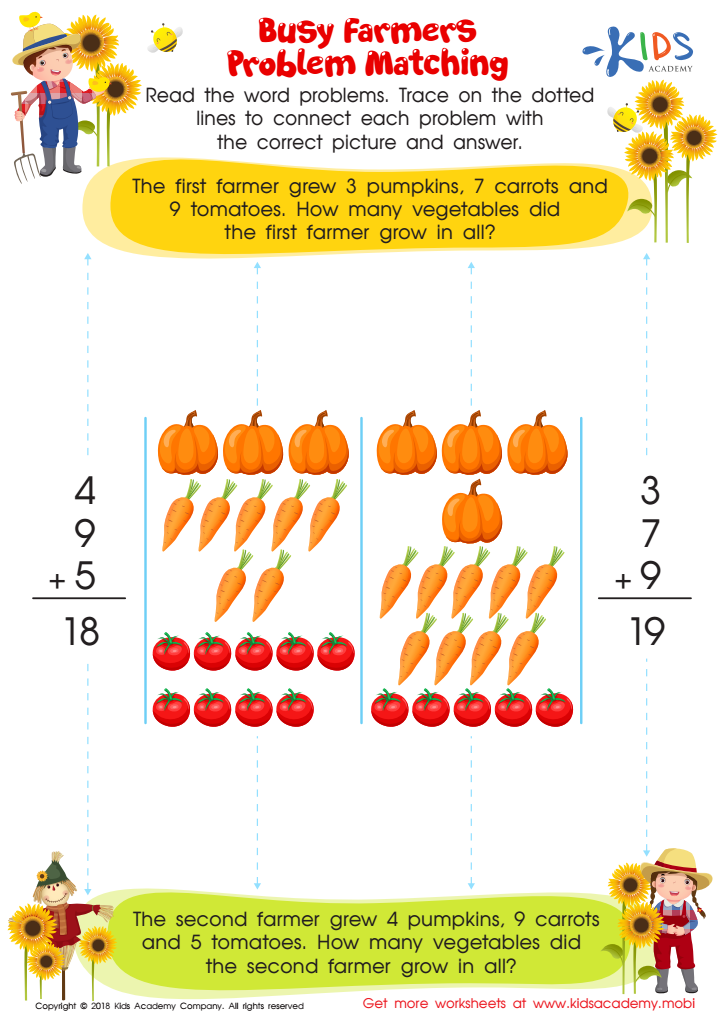

Busy Farmers: Problem Matching Worksheet


7 Continents and 7 Seas Worksheet
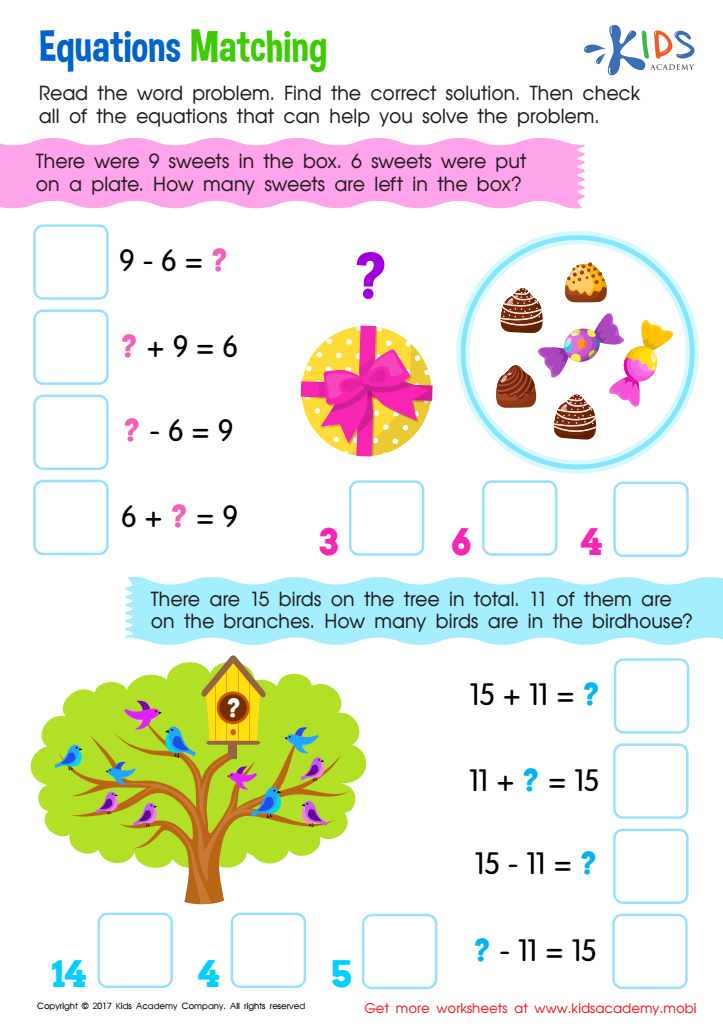

Equations Matching Word Problems Worksheet
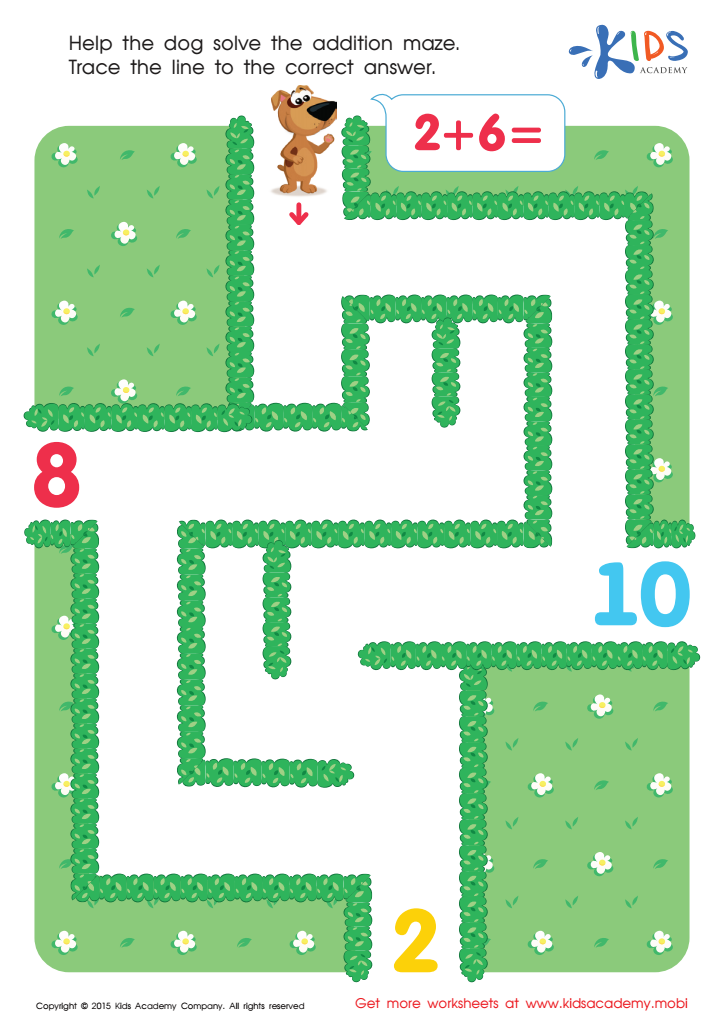

Two Plus Six Addition Worksheet
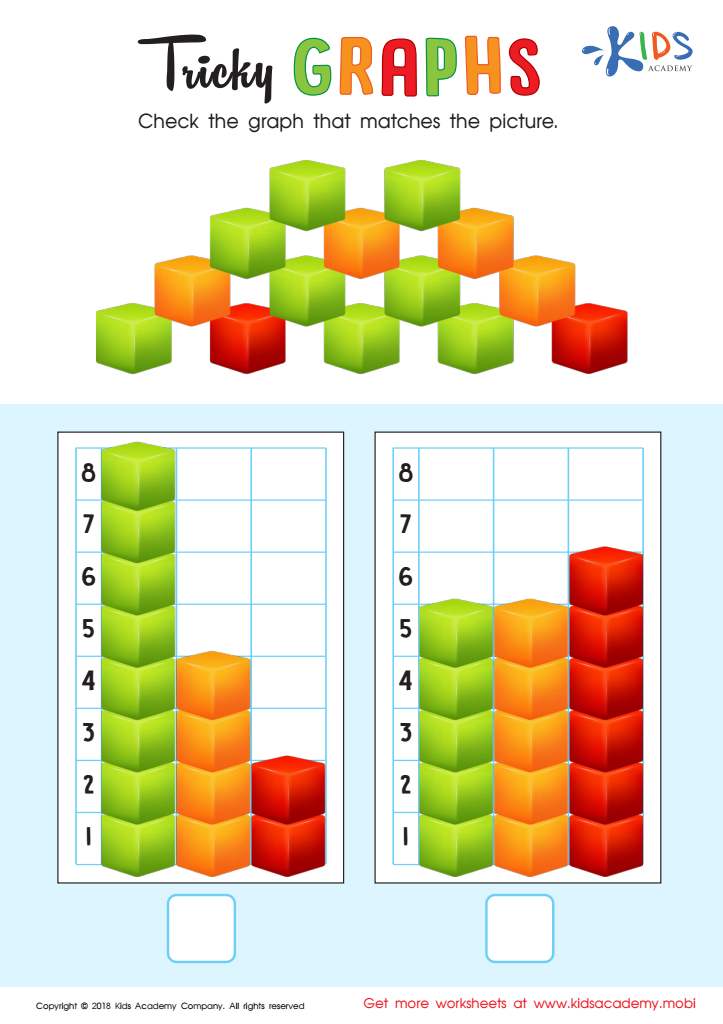

Tricky Graphs Worksheet
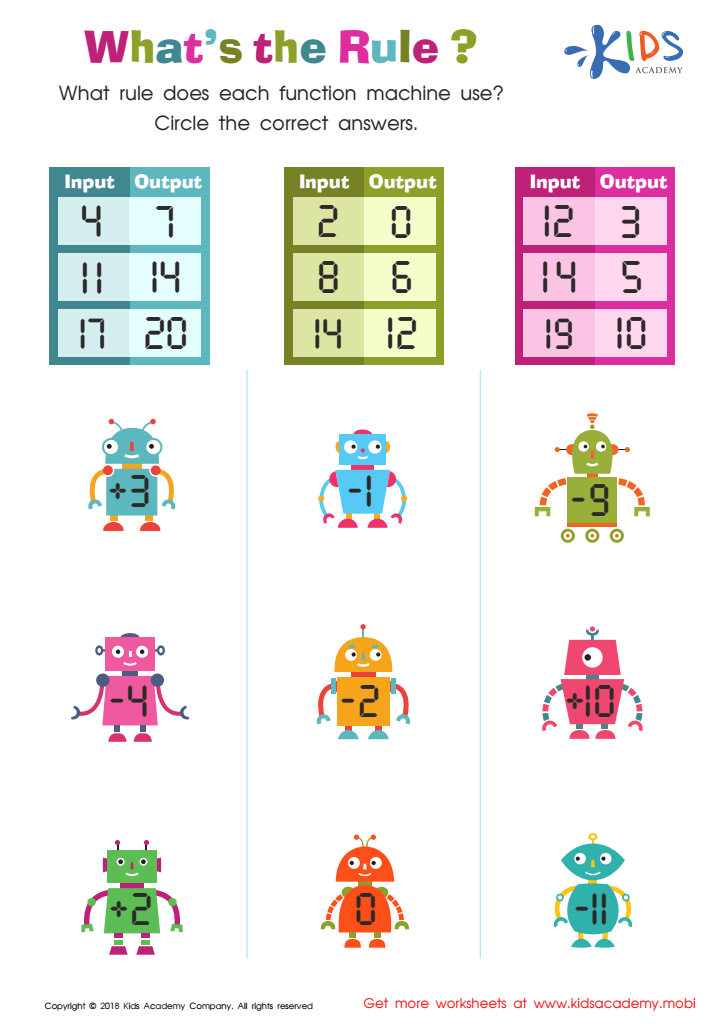

What's the Rule Worksheet
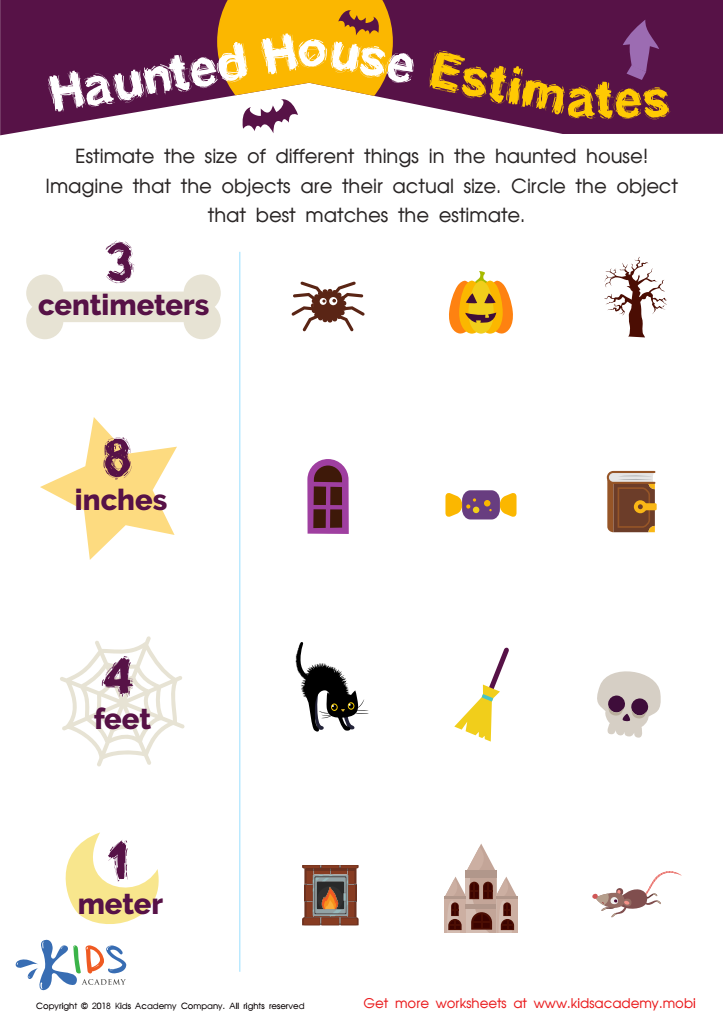

Haunted House Estimates Worksheet
Mathematical reasoning is vital for children ages 3-7 because it lays the foundation for future learning and cognitive development. During these early years, children's brains are incredibly receptive and capable of making connections that shape their understanding of the world. Introducing mathematical reasoning helps kids develop critical thinking, problem-solving skills, and logical reasoning.
When young children explore concepts like counting, sorting, and pattern recognition, they are not just learning math; they are engaging in activities that boost their general cognitive abilities. This early exposure aids in the development of a growth mindset, where they understand that challenges can be overcome through effort and perseverance.
For parents and teachers, fostering an environment that emphasizes mathematical reasoning promotes intellectual curiosity and confidence in children. Interactive activities like puzzle solving, playing with building blocks, or simple addition and subtraction games can make math both fun and relatable. These experiences will nurture a lifelong appreciation and excitement for learning.
Furthermore, math skills are essential for everyday life, from telling time to managing money or understanding science and technology principles. By prioritizing mathematical reasoning in early childhood, children will be better equipped to navigate school curricula and everyday challenges, setting the stage for academic success and informed decision-making in adulthood.
 Assign to My Students
Assign to My Students
